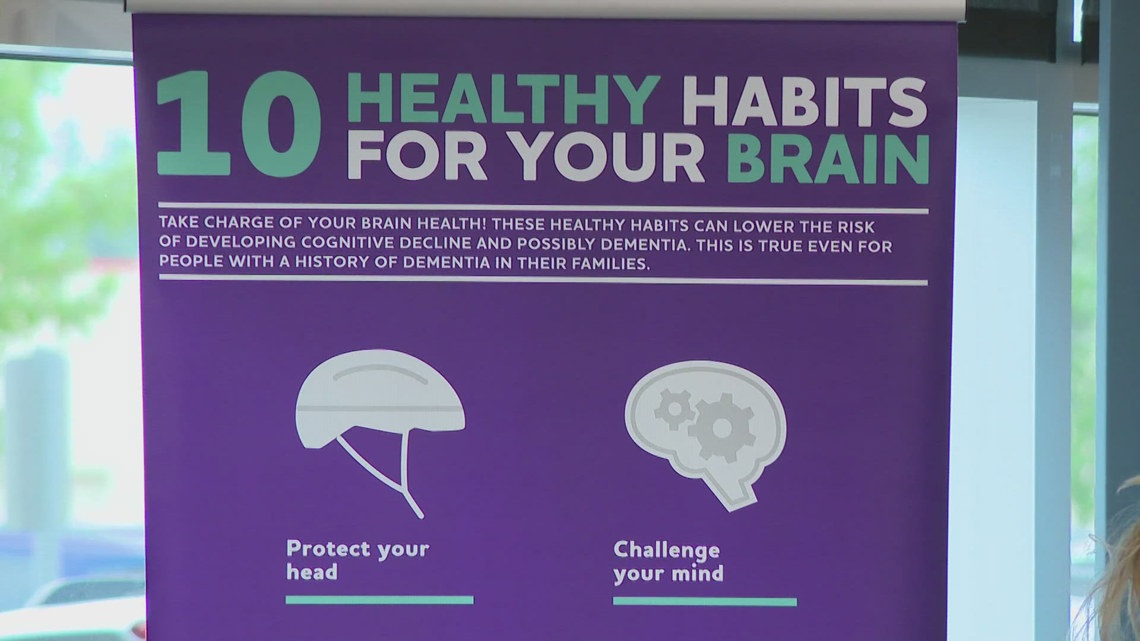 The U.S. Capitol is seen in Washington, Thursday, July 25, 2013. (AP Photo/J. Scott Applewhite)
The U.S. Capitol is seen in Washington, Thursday, July 25, 2013. (AP Photo/J. Scott Applewhite) We are a group of long-time Alaska physicians, now mostly retired, writing with grave concerns about the impending “One Big Beautiful Bill” act now being considered by the U.S. Senate. Although many of us have individual concerns about various aspects of this bill, what unites us in writing is our widely shared and deeply held conviction that the Medicaid cuts included in this bill will immediately and for a long time devastate healthcare in Alaska if it is passed. We urge Alaska’s congressional delegation to stop this bill from becoming law.
We are all dismayed by having cared for patients whose illnesses progressed to severe, even fatal, consequences because they did not have coverage to be seen early enough in their course to receive care that could have prevented that progression. Prevention and early intervention work to preserve life, avoid disability and maintain quality of life. But if people are not able to access care because they lack coverage, the consequences can be devastating, as we have all seen. Even if we physicians provide our services gratis to uninsured patients, the labs, imaging, surgery, medications and therapy they need are out of reach if they don’t have insurance.
The OBBB act demands a cut of $800 billion from Medicaid in the next decade. That amount will translate to over $2 billion less to Alaska’s health care system. By one reliable estimate, at least 23,000, and possibly as many as 38,000 Alaskans will lose their health coverage. Apart from the humanitarian catastrophe this would produce, the economic impact on the health care system would be devastating. Medicaid revenue for hospitals and clinics would decline, and some of them would cut back on services or even close. These newly uninsured individuals would have to seek care later in their illnesses at ERs (the only providers legally required to serve all patients, regardless of their payment status), creating uncompensated costs for hospitals. Hospitals pass these costs on to insured patients by raising rates, and insurance companies then raise premiums, which come out of the pay of all working Alaskans as an invisible “tax” that pays for the highest cost care. Cutting Medicaid is an ineffective way to try to save money, because it actually raises the cost of healthcare to do so.
We encourage any Alaskans who care about their less-well-off neighbors, their own pocketbooks and the stability of our (fragile) healthcare system to contact our congressional delegation and ask them to stop this bill from passing.
Shirley Frazier, MD, neurology; Lewis Fineman, MD, internal medicine; David Sonneborn, MD, cardiology; Leo Bustad, MD, cardiology; Robert Bundtzen, MD, infectious diseases; Rebecca Bingham, MD, family medicine; Harold Johnston, MD, family medicine; Peter Mjos, MD, family medicine; Tina Tomsen, MD, obstetrics and gynecology; Phyllis Kiehl, MD, pediatrics; James Sprott, MD, oncology; Mary Stewart, MD, oncology; Royal Kiehl, MD, psychiatry; Tim Samuelson, MD, emergency medicine; John Hall, MD, emergency medicine.
• • •
The views expressed here are the writer’s and are not necessarily endorsed by the Anchorage Daily News, which welcomes a broad range of viewpoints. To submit a piece for consideration, email commentary(at)adn.com. Send submissions shorter than 200 words to letters@adn.com or click here to submit via any web browser. Read our full guidelines for letters and commentaries here.








 English (US) ·
English (US) ·